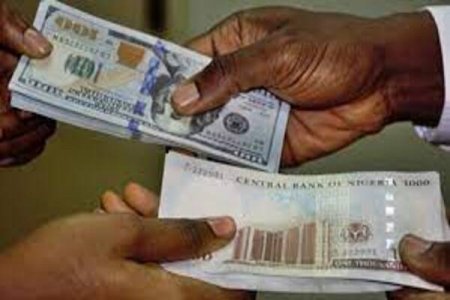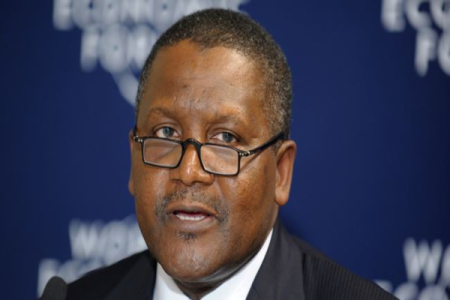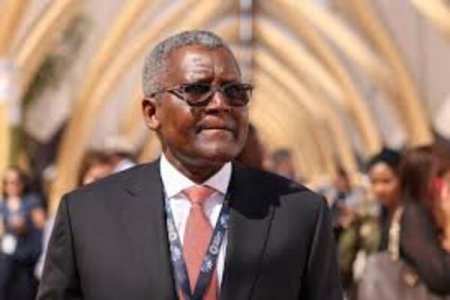
The naira further strengthened against the US dollar on Monday, December 8, 2024, marking its third gain of the New Year. Closing at an impressive N856.57 to a dollar in the official market, the domestic currency witnessed a 1.45% appreciation, indicating a significant N12.56 gain over the previous day's closing rate of N869.13.
The positive momentum extended to the parallel forex market, where unofficial trading takes place. The exchange rate quoted at N1245/$1, reflecting a 0.80% increase from the previous day. Peer-to-peer traders also quoted around N1235.17/$1, underscoring the currency's resilience in multiple markets.
Behind this economic upswing lies a strategic financial arrangement orchestrated by Afreximbank, which recently released $2.25 billion as part of a $3.3 billion foreign exchange (FX) support facility to Nigeria's Federal Government. The facility aims to alleviate the acute liquidity shortage in the country's FX market.
Signed on December 29, 2023, the pivotal agreement involves Afrexim Bank as the Mandated Lead Arranger and the United Bank for Africa (UBA) as the Local Arranger. NNPC Limited, acting as the principal financier, successfully finalized the arrangement in collaboration with key participants such as Guvnor and Sahara Energy.
The transaction, valued at US$3.3 billion, serves as a crucial measure to boost dollar supply and address Nigeria's current FX supply challenges. The first tranche of $2.25 billion is set to be deposited into a designated account at the Central Bank, with UBA serving as the Onshore Depository Bank for the arrangement.
NNPC, alongside major oil trading firms such as Sahara Energy, Vitol, Oando, and Gunvor, plays a pivotal role in facilitating the financing of the transaction. Notably, these entities, along with UBA, contributed $100 million to the facility, showcasing a collaborative effort to strengthen Nigeria's forex liquidity.
As the Naira experiences a noteworthy surge against the US dollar, the strategic financial arrangement becomes a focal point, offering insights into how collaborative efforts and financial support contribute to stabilizing the currency and fostering economic resilience. The story unfolds against the backdrop of intricate financial dealings and the ongoing efforts to address Nigeria's FX challenges




